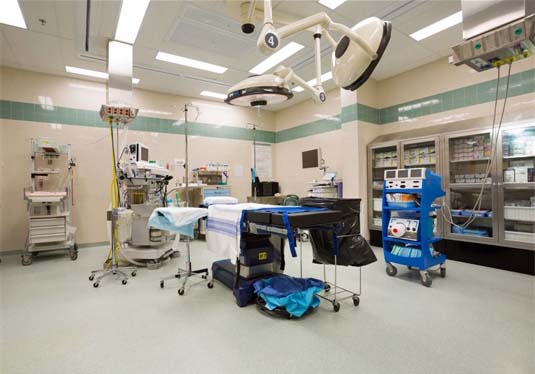|
 Hospitals are the communities’ life support system in both times of crisis and in times of general healthcare needs. If something like a power outage occurs, vital power is still needed to keep life support machines and other necessary healthcare tools working in order to sustain human life. This is where the importance of generators comes in. When the power is out, a hospital almost always uses a backup generator to make sure that everything remains on and running. The need for generators in the healthcare market is one of absolute importance. Whether it is a storm or a general blackout, people need to be assured that the hospital will be able to sustain power, and get it from an alternative source. Unlike regular generators that people use to maintain power in their homes, the generators used in the healthcare market are a different type. Hospitals are the communities’ life support system in both times of crisis and in times of general healthcare needs. If something like a power outage occurs, vital power is still needed to keep life support machines and other necessary healthcare tools working in order to sustain human life. This is where the importance of generators comes in. When the power is out, a hospital almost always uses a backup generator to make sure that everything remains on and running. The need for generators in the healthcare market is one of absolute importance. Whether it is a storm or a general blackout, people need to be assured that the hospital will be able to sustain power, and get it from an alternative source. Unlike regular generators that people use to maintain power in their homes, the generators used in the healthcare market are a different type.
These generators are monitored much more closely, and are of a much stronger caliber. There are two main types of generators used for hospitals. The first is powered by natural gas. It is very easy to maintain, however many utility companies do not recognize it as an actual emergency service backup for lost power. This type of generator also typically requires a lot of maintenance, and regular refills of fuel. The second type of commonly used generator for backup or commercial power uses a diesel fueled combustion engine. A full tank of diesel fuel can maintain power for an entire hospital for about 8 hours. Depending on the size of the hospital and the amount of fuel stored on site, these types of generators can maintain power for at least 24 hours. It’s very important that hospitals have generator backup, because power outages are often unexpected and unpredictable. The safety of those in immediate need of healthcare is certainly a priority, and fortunately generators can ensure that those in hospice will be taken care of with little to no interruption.
When the power goes out at home temporarily, it can be quite an inconvenience. When the power goes out area-wide for any length of time, it can be a major cause of several different serious problems and concerns. Perhaps the most important of these is a loss of power to hospitals. If hospitals cannot maintain power, seriously ill and injured peoples’ lives are at risk. Monitors, oxygen pumps, and other valuable equipment can stop working. Fortunately, most modern hospitals today have enlisted the help of backup power generators. Another concern that comes with the loss of electricity is the loss of communications. When the power goes out, most cordless phones are no longer working. This can prohibit people from being able to call emergency services if they need them. Another issue is data loss. Millions of numbers and documents can be lost forever if servers go out, even temporarily. This can become a major crisis in not only the healthcare industry but also the banking, retail, and financial industries.
|